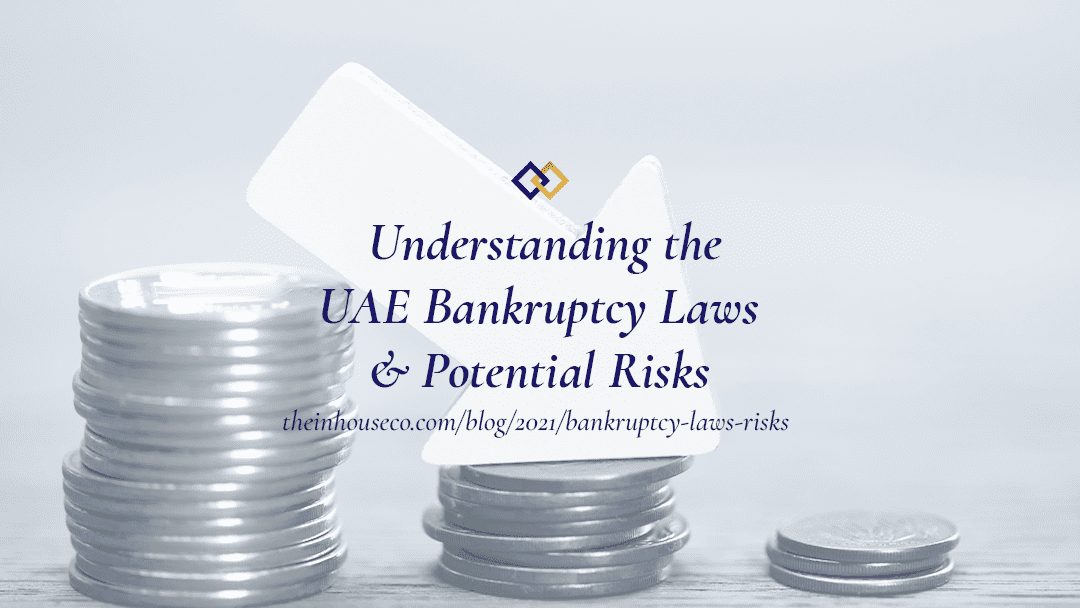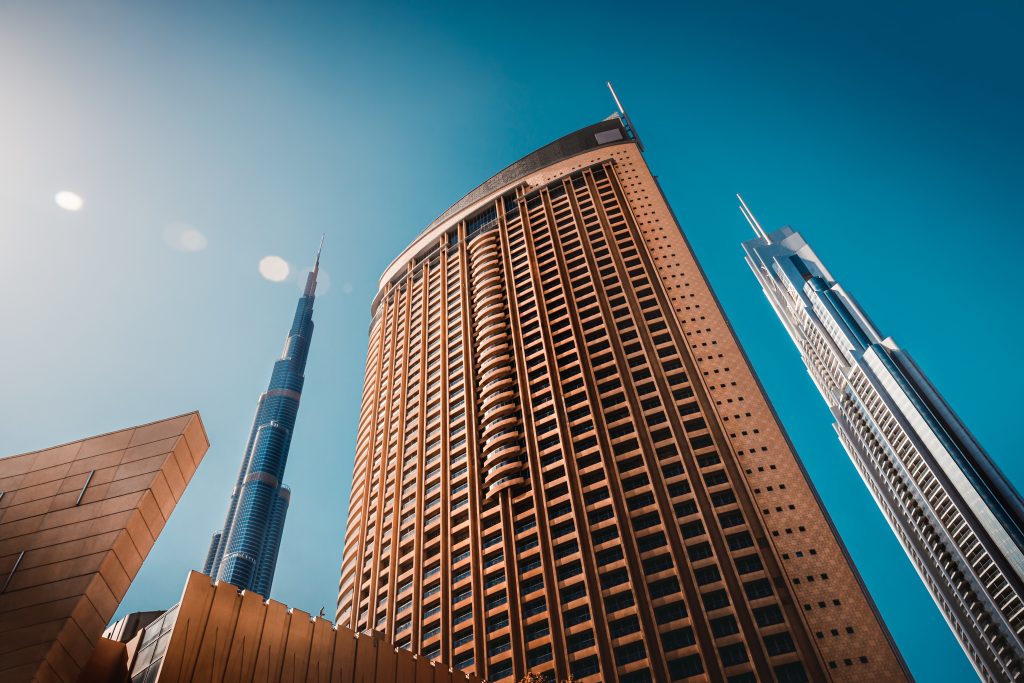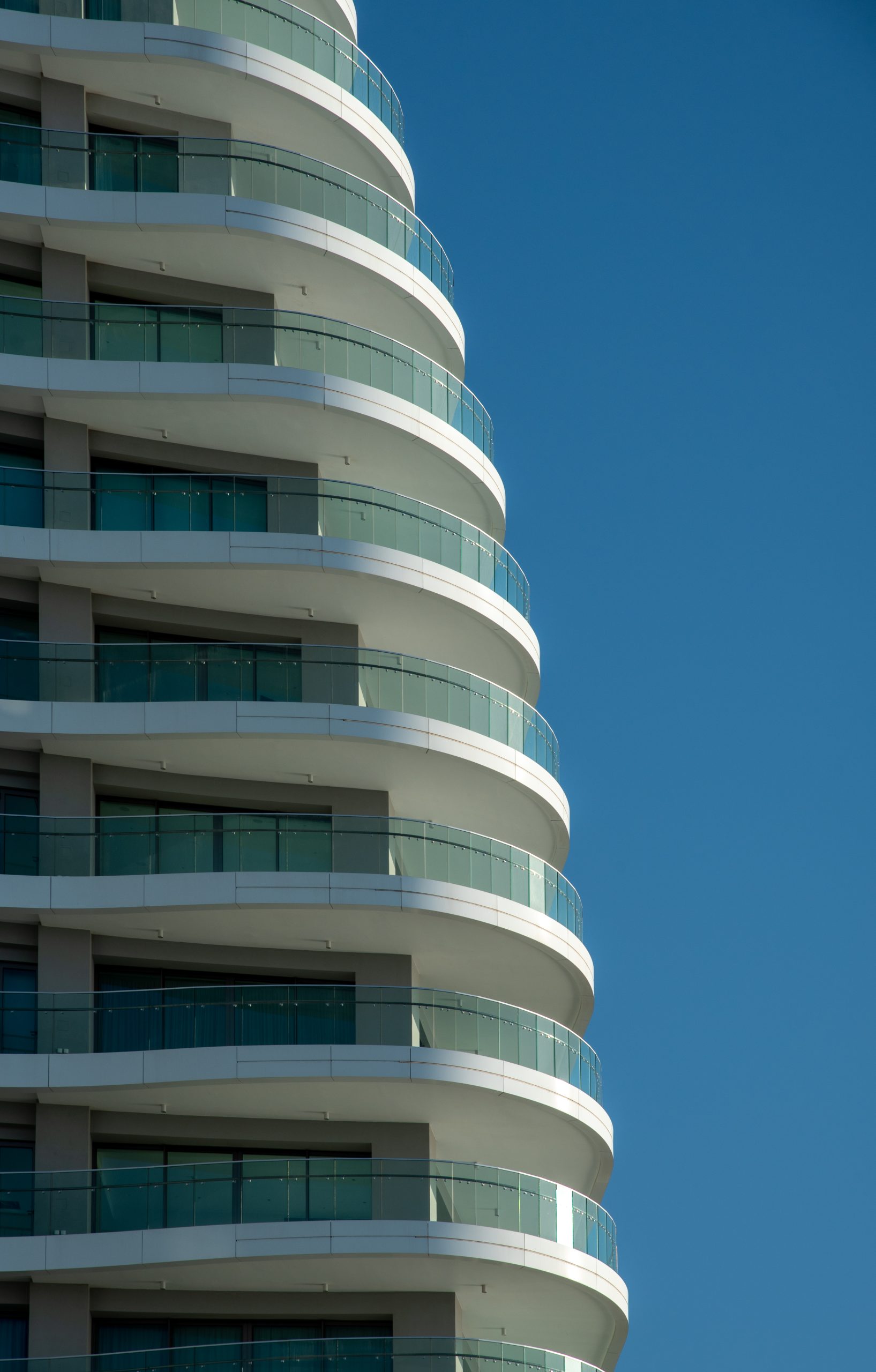Although the coronavirus pandemic lockdown is slowly being eased across the world and Dubai seems set to go into boom mode again, judging by the property prices and inflow of tourists, companies here are still facing a number of challenges. The coronavirus pandemic has exposed deeper problems to companies and pushed them over the edge and into bankruptcy. The number of companies intending to commence proceeding for filings has risen sharply, with little revenue coming in. As financial challenges continue to escalate amid this crisis, companies see filing bankruptcy as a route to a safe harbor from the economic storm.
The Bankruptcy Procedures are set out in the Federal Law by Decree No. (9) of 2016 (the Bankruptcy Law). The Bankruptcy Law allows companies governed under the UAE Commercial Companies Law that are financially distressed or potentially over-indebted to be provided with different strategies to manage their debt. The options include protective composition procedures and bankruptcy procedures. In each case, a number of documents and proof that the company is unable to meet its debts would need to be shown to the Court as set out in the Bankruptcy Law in order to avail of the options under the Bankruptcy Law. In any case, it must be noted that the Court will appoint an expert to thoroughly investigate the overall financial situation of the company and advise whether the company cannot avoid going into liquidation or there are other possible options available that have not been explored.
In light of the above, before making the decision on commencing liquidation proceedings, directors and managers of companies are advised to seek legal advice to understand the legal consequences of commencing liquidation proceedings and also their own position in their capacity as directors or managers. The Court may require them to personally contribute towards the debts of the company. This applies if, at some point before the commencement of Bankruptcy proceedings, that person knew or ought to have concluded that there was no reasonable prospect that the company would avoid going into liquidation, but, nevertheless, continued to trade to the detriment of creditors, or they have failed to take every step they ought to have taken with a view to minimizing the loss to the company’s creditors. In any case, Article 144 of the Bankruptcy Law, enables the Court to direct the directors, jointly or severally, to pay all or part of the company’s debts in cases where they are held responsible for the company’s losses. In practice, this applies where the company’s funds are not sufficient to fulfill at least 20% of its debt exposure. Further, several offenses and penalties may apply to the directors including imprisonment and disqualification from being able to act as a director.
In a recent landmark bankruptcy case judgment of the UAE retail and leisure company, Marka, issued on 10 October 2021, the Dubai Court of First Instance has examined whether directors and managers are exposed to the company’s debts in case of bankruptcy and confirmed that they are, bringing welcome clarity to the point. The Court has held the directors and managers of Marka personally liable to pay a sum of AED 448 million to creditors and stripped of all rights to manage the company or its subsidiaries.
Therefore, the companies facing financial difficulties and intending to commence bankruptcy proceedings should proceed with due caution to avoid a situation where directors and managers may be exposed to the companies’ debts. It is important that companies in this position obtain legal advice as their situation evolves. Our team THINCs through with you and would advise you on the practical implications with respect to corporate, structuring, insolvency issues for your business in the UAE.



















